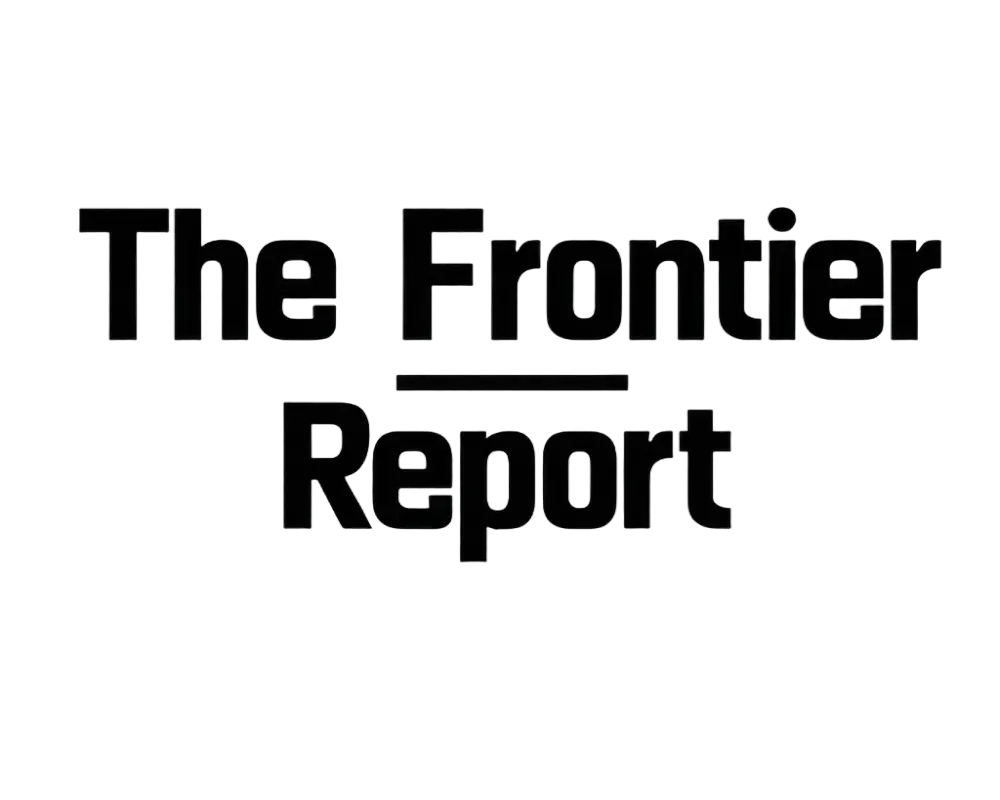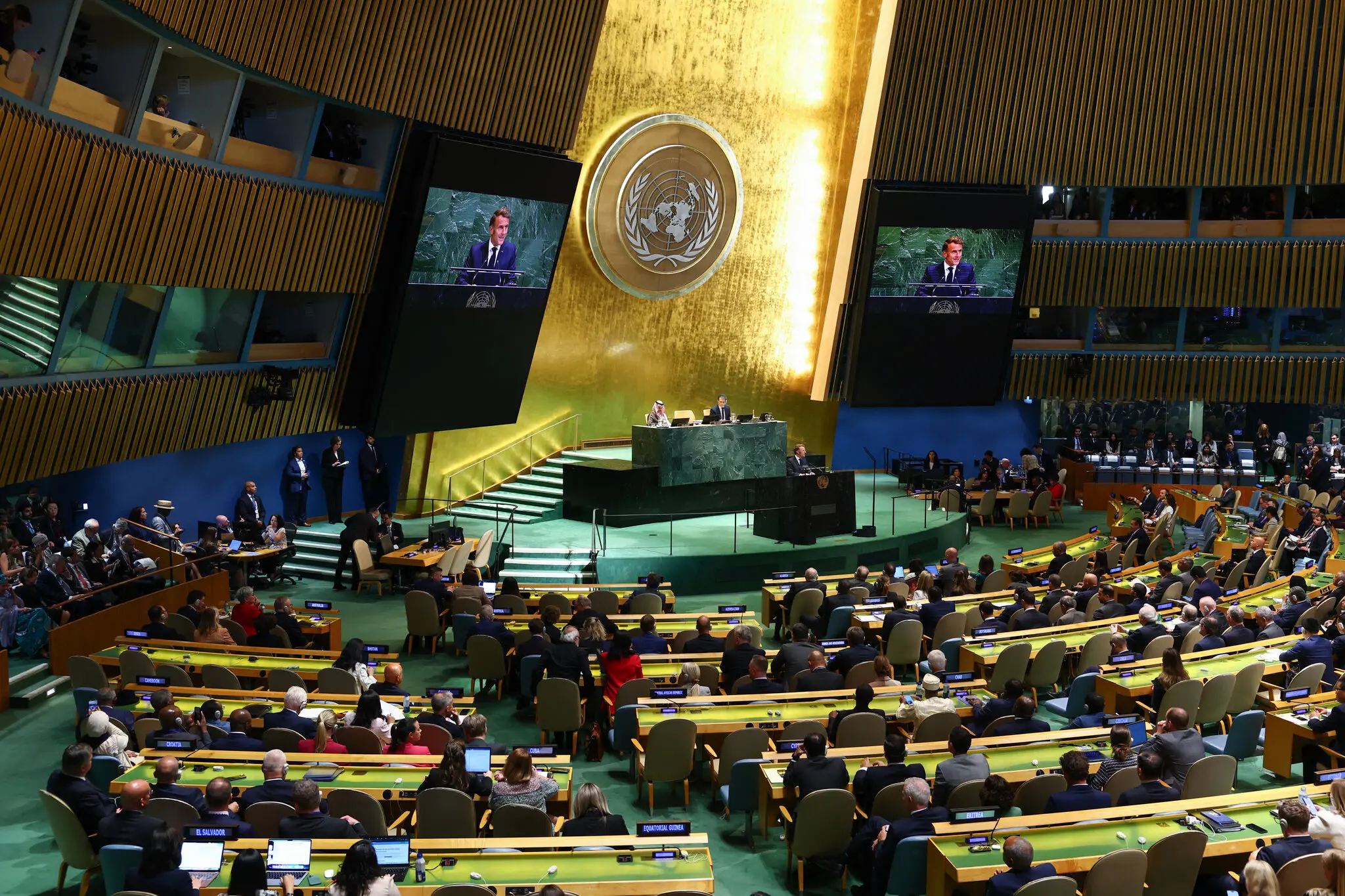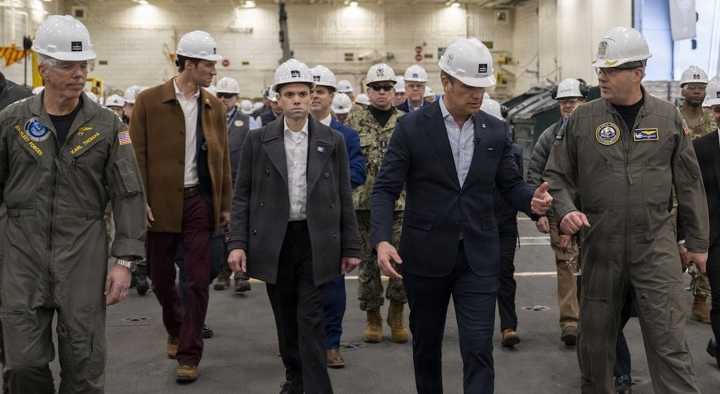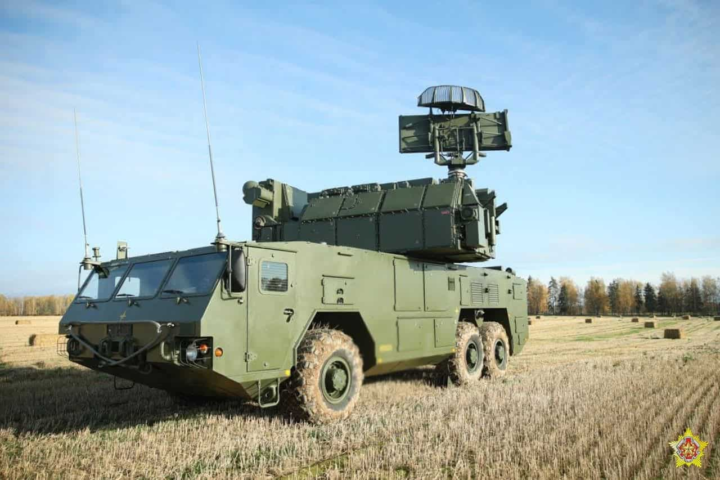A Wave of New Recognitions
Leaders from around the globe, gathering at the United Nations, showed growing backing for a Palestinian nation. This change in international relations happens even with continued disagreement from Israel, the United States. At the meeting, several countries shared their support, specifically France, Luxembourg, Malta, Belgium, Monaco, Canada, Australia.
France acted in a way people noticed, considering its important role in the UN Security Council alongside its strong relationship with the United States. Emmanuel Macron, the French President, stated recognizing Palestine matters, it’s not just about appearances, it’s also essential for continuing efforts to establish two independent countries. More European leaders shared the same ideas, emphasizing that acknowledging something should help start political talks, it shouldn’t take their place.
Worldwide upset with peace talks stopping, fighting getting worse in Gaza is increasing. Over 150 nations now acknowledge Palestine, this recent trend shows Western governments becoming more open to a stronger position on the topic.
Conditions and Political Limits
France, with a few other countries, made recognizing a country dependent on certain requirements. Paris stated that acknowledgement hinges on changes to how the Palestinian Authority operates, a stop to fighting in Gaza, also the freeing of people held captive in Israel. Leaders in Europe stated these requirements will help guarantee acknowledging something results in calm, not more problems.
People who favor these actions believe they help Palestinian leaders gain more respect, influence when speaking with other countries. Just knowing about a country isn’t enough for it to join the United Nations. The General Assembly can allow groups to attend meetings, however, becoming a full member needs a yes vote from the Security Council. The United States still disagrees with any country deciding to recognize something on its own, it holds a veto, stopping that option.
The United States consistently believes acknowledging a country without talks between involved parties hurts efforts to make peace. Washington’s current stance shows this ongoing belief. Israel fully supported the U.S. position, stating these actions will likely cause problems, potentially giving strength to extremist organizations. Israeli leaders stated recognition must happen with a deal that secures safety protections. Representatives recognized these real boundaries. Acknowledging the situation brings more attention from other countries, yet it doesn’t fix the basic disagreements about boundaries, people seeking safety, or how to stay protected. Many people in charge feel the meaning is important, particularly with ongoing trouble in Gaza, the West Bank.
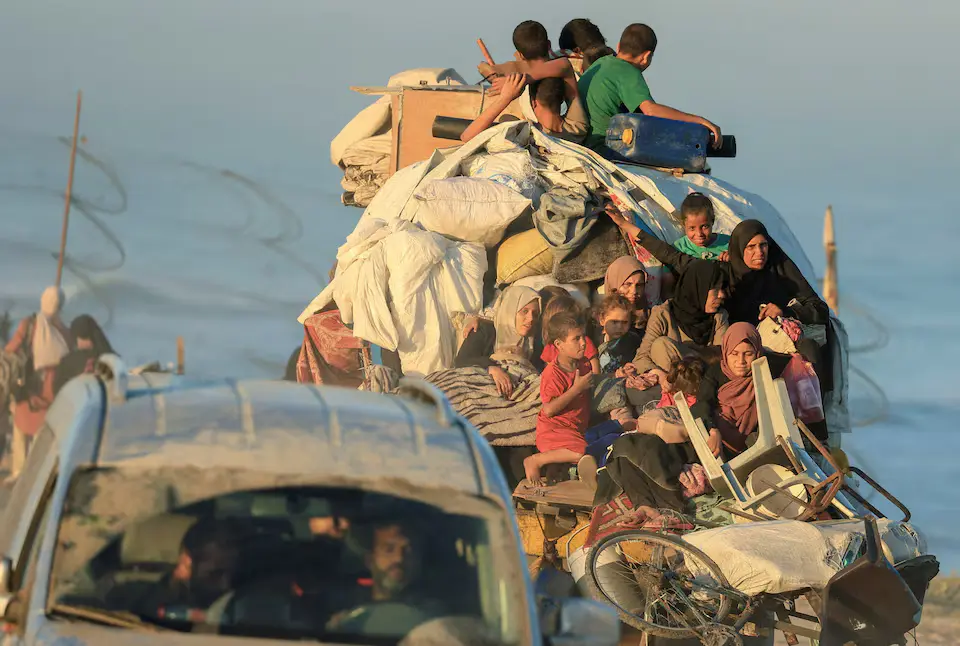
Shifting Diplomatic Pressure
More nations acknowledge Palestine, showing a change in how the world views the situation. For many years, countries in the southern parts of the world led the way, however most nations in the West did little to support them. Things are different now. Canada, Australia, countries that usually followed U.S. decisions, now joined others, showing they are changing how they handle relationships in the Middle East.
This change creates fresh challenges for Israel, the U.S., requiring them to think again about how they act. Experts say acknowledgements don’t force an agreement, yet they influence how talks unfold later on. When Palestine gains more acceptance, Israel finds it harder to control how people understand the situation.
These recognitions give the Palestinian Authority a helpful political boost, which they really need right now. Despite problems within its own ranks, tough financial times, a loss of trust, more countries support it as the voice for Palestinians. People in charge in Ramallah believe getting official acknowledgment makes discussions fairer, so conversations do not favor only one side.
People who disagree point out acknowledging a situation, without working on problems like leadership, safety, or helping those in need, could make the fighting worse. They believe acknowledging something without real changes or assurances might actually make peace harder, not easier.
Progress at the UN shows more people agree things cannot continue as they are. The United States stopped a vote for Palestinian statehood at the United Nations Security Council, yet more nations are recognizing Palestine, shifting how countries relate to each other. This shows Israel, the United States, that they are losing patience with talks that have no clear end.

